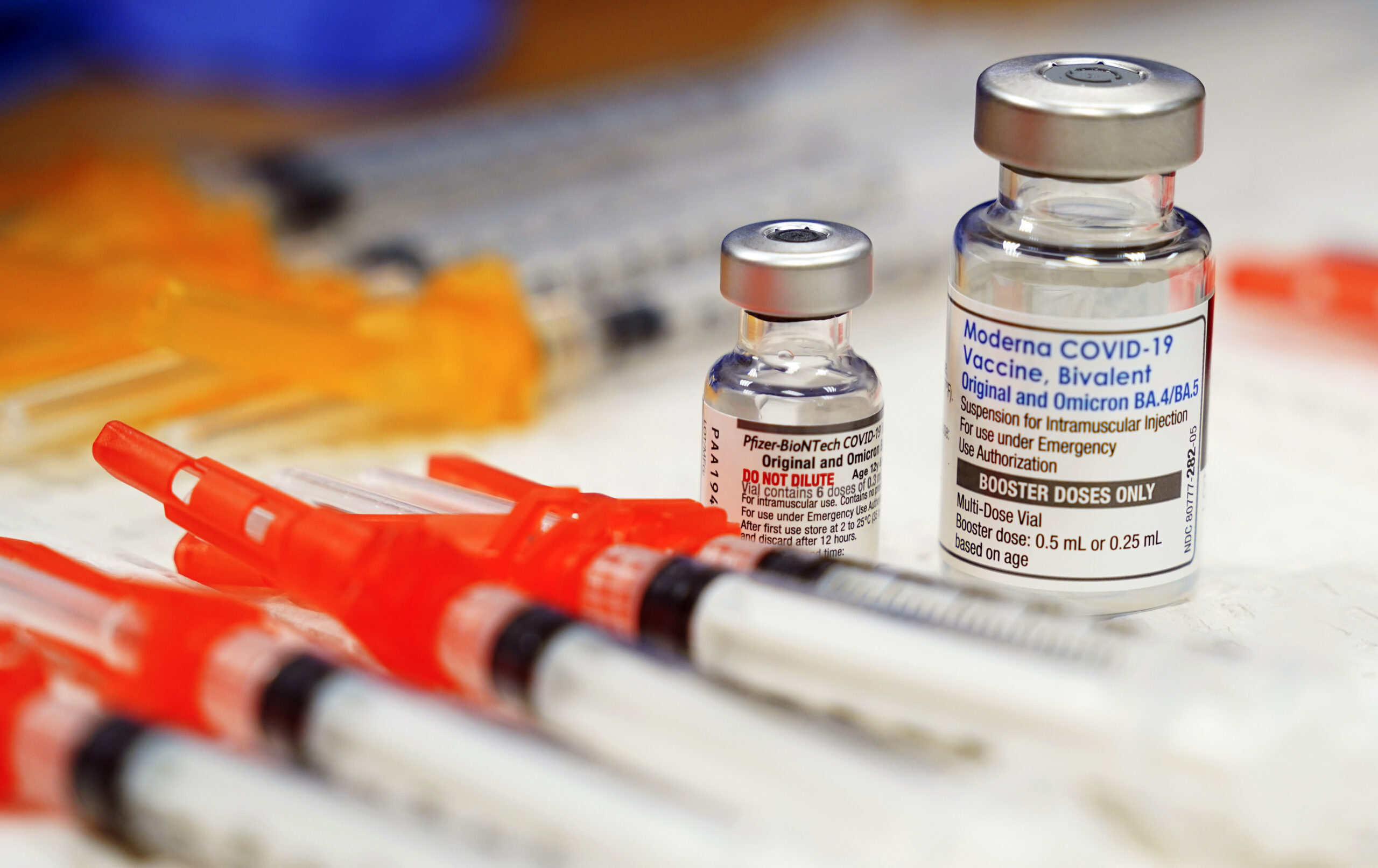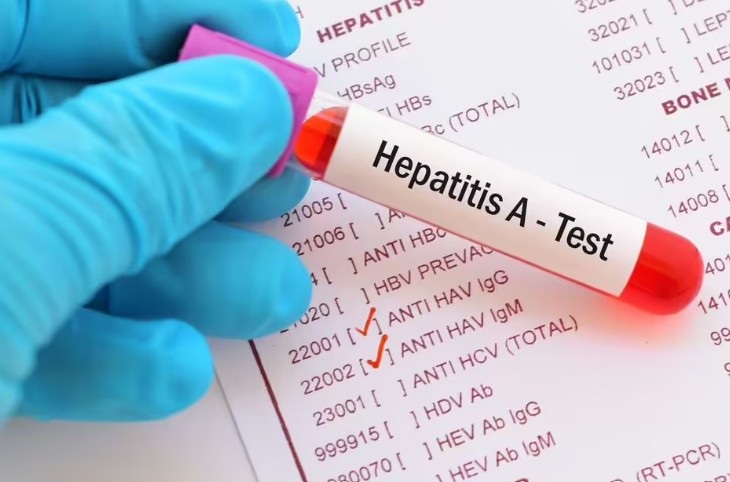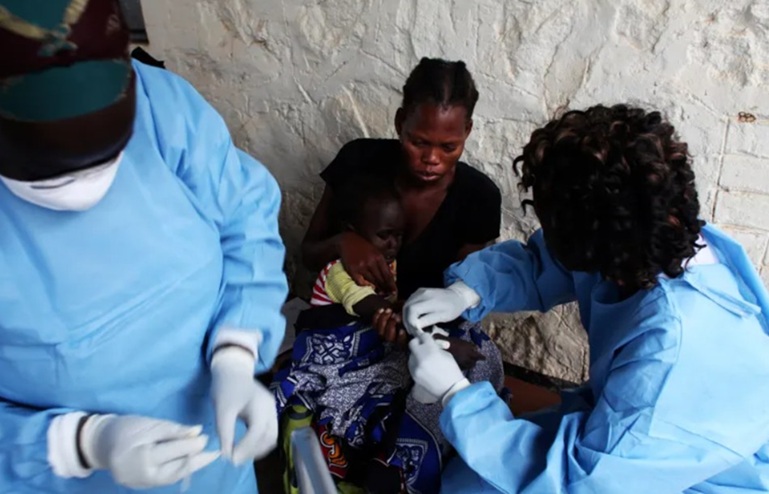The transition of responsibility for distributing Covid-19 vaccines from federal agencies to the commercial market has encountered significant challenges. Many individuals seeking Covid-19 booster shots are facing disruptions, including appointment cancellations and confusion regarding insurance coverage. Pharmacies like CVS are grappling with staffing shortages and delayed vaccine deliveries, leading to operational difficulties.
For instance, Amy Imhoff from Stratford, Conn., attempted to schedule a Covid-19 booster appointment at her local CVS after receiving a notification about available doses. However, her appointment was canceled twice by CVS due to a lack of vaccine stock, attributing it to unforeseen circumstances. This experience left her frustrated and concerned about maintaining her schedule while needing a booster to stay protected against the virus. This situation illustrates the initial difficulties in the transition of vaccine distribution to the commercial sector, impacting people’s access to vital Covid-19 vaccinations.
CVS Chief Pharmacy Officer Prem Shah has requested corporate employees to volunteer for shifts at pharmacies during the upcoming six-week peak vaccination period. The call for assistance was made due to staffing shortages in CVS stores, and the request urged corporate workers to commit to 4-5 hour shifts once a week. Those with pharmacy licenses could assist in pharmacies, while others were encouraged to greet patients and maintain a clean waiting area. This move comes after some CVS pharmacists in the Kansas City area staged a walkout in response to understaffing concerns. CVS is actively addressing these issues and expanding its efforts to address staffing challenges.
The setbacks in Covid-19 vaccine distribution and access risk discouraging individuals from getting vaccinated at a time when public health officials are trying to combat multiple respiratory viruses in the fall. The federal government is no longer covering the cost of Covid-19 vaccines since the public health emergency ended in May, and insurance companies have taken over payment for the shots. While most insurers are required to cover the updated Covid-19 vaccines, some only fully cover them through in-network providers and pharmacies, causing confusion and delays for individuals seeking vaccination. Experts recommend individuals check with their insurance companies before paying out-of-pocket for vaccines and emphasize the need for a smoother and more immediate coverage process.
Last season, only 17% of people in the United States received a bivalent booster dose for Covid-19. According to Chris Altman, the director of immunizations and clinical programs at Rite Aid, the highest demand for vaccines typically occurs within the first two to three weeks of a vaccine rollout. Rite Aid is making efforts to capitalize on this initial surge in demand, even as they began receiving limited supplies of the shots just last week.
Walgreens, on the other hand, has stated that the majority of its stores have sufficient vaccine supplies. The company is actively assisting customers who had their appointments rescheduled due to vaccine delivery delays, ensuring they can still access the necessary vaccinations.
Moderna has reported shipping millions of Covid-19 vaccine doses and is actively collaborating with distributors to ensure the vaccines are delivered to pharmacies. Pfizer, on the other hand, claims to have fulfilled all vaccine orders within days. A notable change in their approach is that, during previous Covid-19 vaccine rollouts, Pfizer directly shipped doses to vaccination centers. However, their current strategy involves sending most doses to wholesalers who then distribute them to vaccination sites. Despite some challenges downstream, Pfizer emphasizes that the availability of doses is not the issue.
Meanwhile, some pharmacists like Hugh Chancy in Georgia have faced difficulties in ordering vaccine doses due to supply shortages from their wholesalers. Patients have been turned away as a result, raising concerns about potential vaccine hesitancy and the possibility that those initially denied the vaccine may not return for it. The CDC recommended that everyone aged six months and older receive an updated Covid-19 shot after FDA clearance, and they assure the public that more vaccine is on the way to address these supply challenges.
(Source: Brianna Abbott | Anna Wilde Mathews | WSJ)









